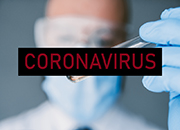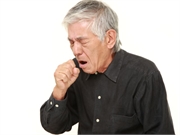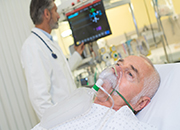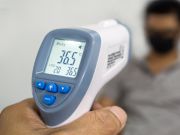
Governors across America have eased lockdowns, but a new analysis shows coronavirus cases are rising in nearly half of U.S. states. The rolling seven-day average of new cases per capita has been higher than the average seven days earlier in 21 states, the Associated Press analysis found. In Arizona, hospitals have been told to prepare… read on >





























